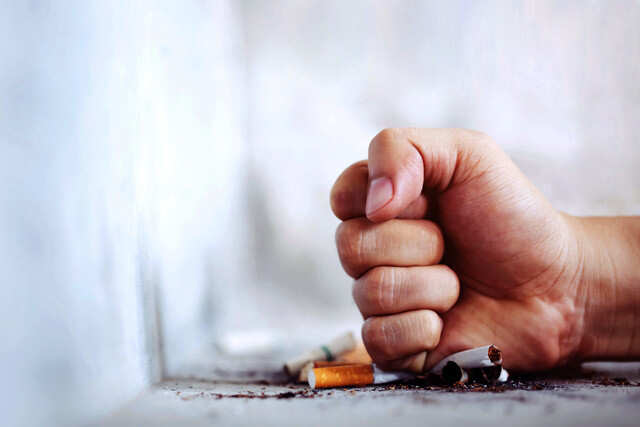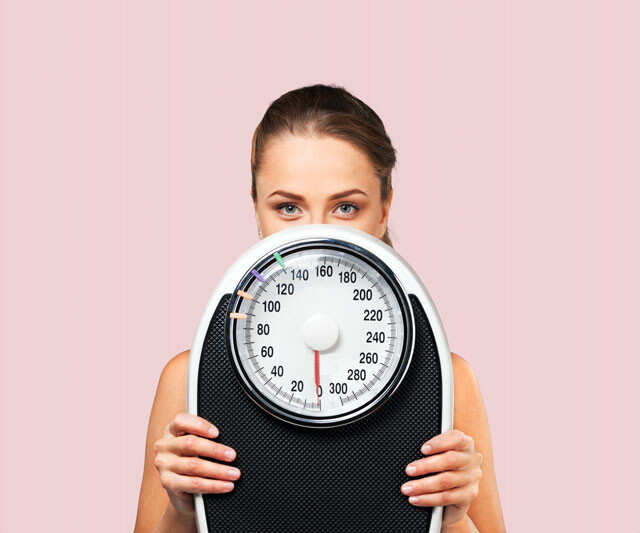

Image: Shutterstock
Yes, it is easier said than done, but it is not entirely impossible. Remember, if you quit smoking your risk for stroke will drop to non-smoker level in about two to five years. There are several help groups and programmes that work with social support, behavioural therapy and pharmacological therapy. If you are a heavy smoker, ask your doctor if you could use nicotine replacement therapy. You should also stop environmental smoke exposure.

Image: Shutterstock
The first step to being healthy is to avoid a sedentary lifestyle. If nothing else, walk at least for 30 minutes a day. Find ways to incorporate movement in daily life as well – taking the stairs, walking around while talking over the phone and turning off the TV to take an actual walk. Other forms of physical exercise like yoga, gymming, cycling, swimming will help immensely.

Image: Shutterstock
The importance of a healthy diet can't be stressed enough. It does not mean you eat bland food, but a meal that comprises all food groups in appropiate portions and proportions. Try and reduce your salt intake, even if it means removing the salt shaker from the table. Include plenty of fruits and vegetables, low-fat dairy products and nuts.

Image: Shutterstock
If you do all of the above, your weight will automatically get in line. Being obese means a BMI more than 25kg/m2. Check your BMI and work towards getting into the normal index.

Image: Shutterstock
Avoid alcohol completely in future if you already do not drink. For those who do drink, it is advisable to not go over one drink per day for non pregnant ladies, and it is a complete no for pregnant women.
Also, remember, a banana a day (good potassium) keeps stroke at bay. Keep walking!

0Comments